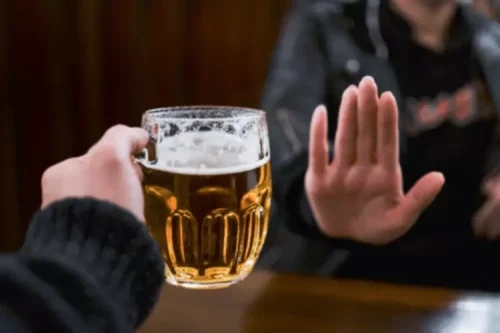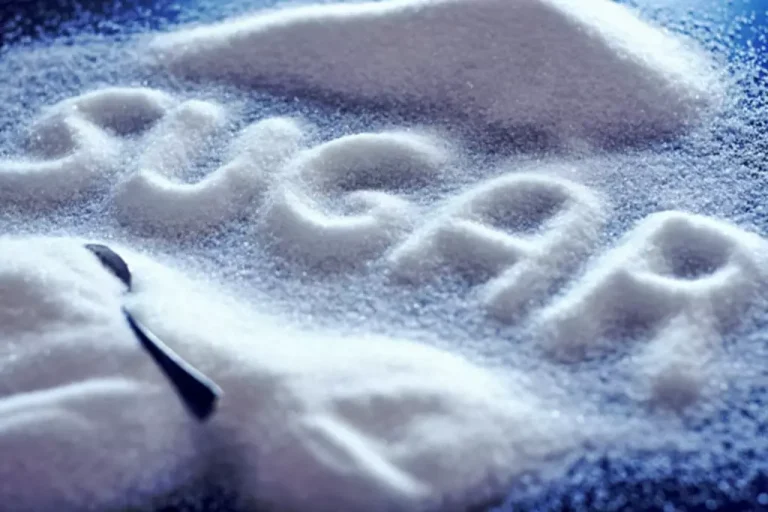
Peripheral neuropathy refers to damage or disease of the nerves that carry messages to and from the brain or spinal column and the rest of the body. Peripheral neuropathy can have many causes unrelated to alcohol consumption, and it was previously thought that when it was found in alcoholics it was merely the result of poor nutrition in alcoholics as well as alcohol’s direct https://ecosoberhouse.com/ impact on nutrients. More recent research, however, suggests that alcohol can directly damage nerves. The evidence points toward alcohol-related peripheral neuropathy being a form of toxic neuropathy, rather than nutritional neuropathy. Alcoholic polyneuropathy is progressive and gets worse over time, as the damage to the nerves increases with continued alcohol abuse.
Antidepressants for the alleviation of neuropathic pain symptoms
The alcohol will continue to circulate in the bloodstream and eventually affect other organs. While alcohol-related peripheral neuropathy (ALN) may not be completely reversed, there are many different options to treat the paresthesias and dysesthesias of peripheral neuropathy. Changes in muscle strength or sensation usually occur on both sides of the body and are more common in the legs than in the arms. Based upon these results, vitamin supplementation appears to exert a positive therapeutic effect in alcohol-related neuropathy. The mechanism of this is presently unclear, one possible explanation is that is resolves concomitant vitamin-dependent neuropathy which exacerbates alcohol-related neuropathy.
Treatment for alcoholic neuropathy
The most effective strategy to prevent further neurologic deterioration is for the patient to reduce or discontinue alcohol abuse. Antiepileptic drugs, such as the gamma aminobutyric acid (GABA) analogue (gabapentin), have proven helpful in some cases of neuropathic pain. These drugs have central and peripheral anticholinergic effects, as well as sedative effects, and they block the active re-uptake of norepinephrine and serotonin.

Patients & Visitors
Neurologic disorders can include fetal alcohol syndrome, dementia, and alcoholic neuropathy. Alcoholic neuropathy is not typically fatal, but it can cause serious complications due to loss of nerve function. Without treatment, alcohol-induced effects can cause permanent damage and severely affect the quality of life. If you have a diagnosis of alcoholic neuropathy, abstinence from alcohol is the primary treatment to restore nerve function.

- The pathophysiology of ALN involves underlying mechanisms that include direct or indirect effects of alcohol metabolites, impaired axonal transport, suppressed excitatory nerve pathway activity, or imbalance in neurotransmitters [52,53,54].
- Due to the breadth of the literature surrounding this topic, this review shall focus exclusively upon peripheral neuropathy, without discussing autonomic neuropathy.
- To assess the bias in these we applied the Jadad score which takes into consideration quality of randomisation and blinding as well as reporting of withdrawals to assess bias in RCTs [9].
- However, impairments of autonomic functions are scarcer and less intensified, and, usually, clinical symptoms are delayed [156].
Alcoholic neuropathy signs and symptoms can progress gradually and are usually subtle at first. In fact, a person who drinks heavily might not recognize that the symptoms they are experiencing are related to their alcohol consumption. A person can improve their outlook by significantly reducing or stopping their alcohol intake and ensuring that they are receiving the right balance of nutrients. A doctor may also want to test the functioning of the kidneys, liver, and thyroid. In addition, they may order blood tests to check for vitamin and nutrient deficiencies. Deficiencies in these nutrients can harm overall health and prevent nerves from functioning correctly.

Other vitamin deficiencies seen with alcohol abuse include but are not limited to, B vitamins, folic acid, and vitamin E. Poor absorption and low intake of these vitamins have clinical features of dermatitis, neuropathy, and anorexia. Alcohol causes neuropathy via multifactorial processes, many of which alcohol neuropathy are still under investigation. Alcohol enters the bloodstream from the digestive system within 5 minutes of consumption, and peak absorption is seen within 30 to 90 minutes. Patients who abuse alcohol tend to consume fewer calories and have poor absorption of nutrients in the gastrointestinal tract.
Molecular mechanisms involved in alcoholic neuropathy
- Lee et al. [36] suggested that reactive oxygen species are importantly involved in the development and maintenance of capsaicin-induced pain, particularly in the process of central sensitization in the spinal cord in rats.
- Research suggests you can recover from some or all of the nerve damage caused by alcohol-related neuropathy.
- The cause is multifactorial, from both nutritional deficiencies and alcohol metabolism’s direct toxic effects on neurons.
- However, more severe cases may be intractable, even with abstinence, and lead to lifelong impairment.
- The amount of ethanol which causes clinically evident peripheral neuropathy is also still unknown.
- Fennelly and colleagues evaluated the response to vitamin therapy in 29 individuals with alcohol-related neuropathy [30].
Acetaldehyde

Leave a Reply